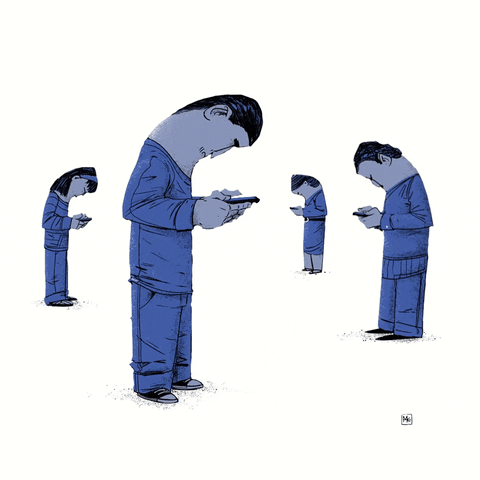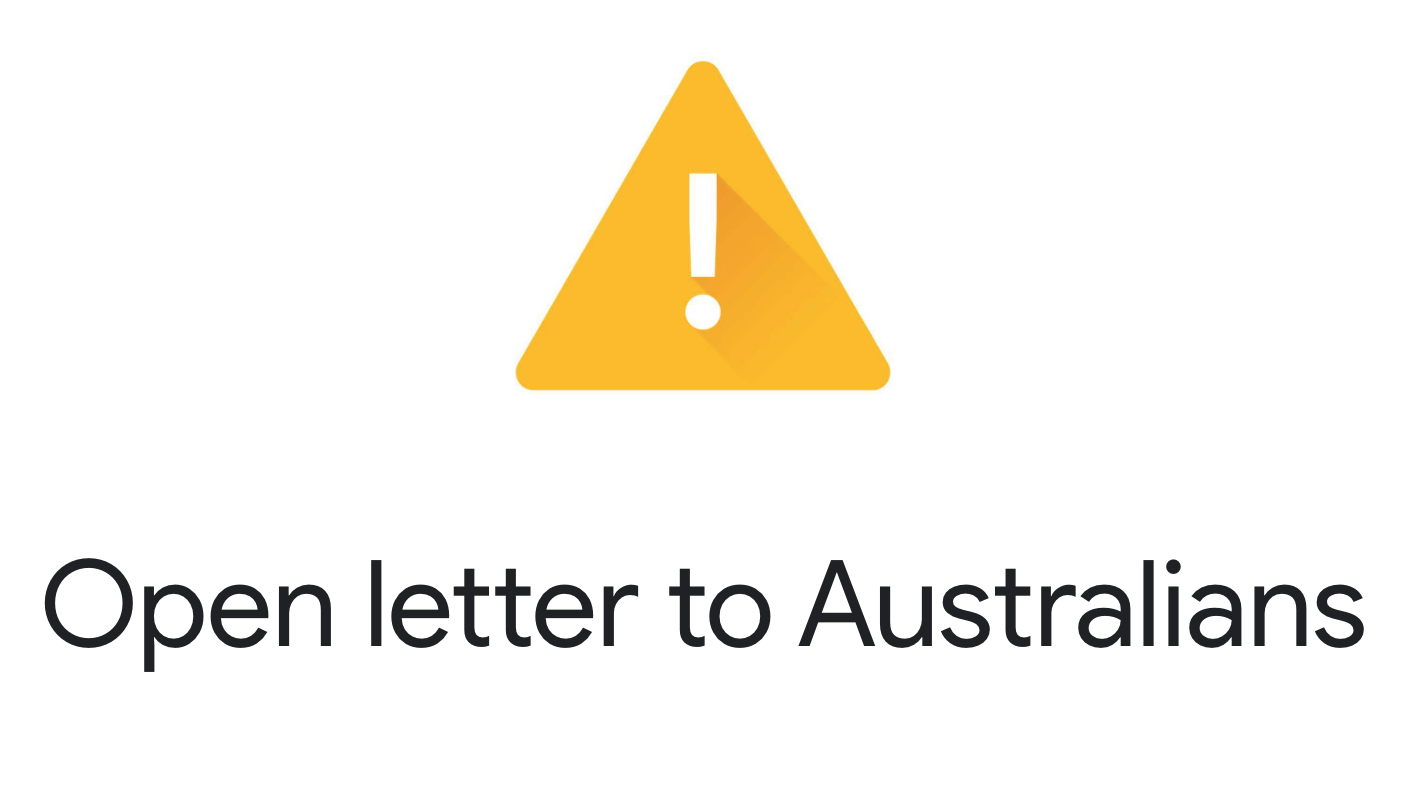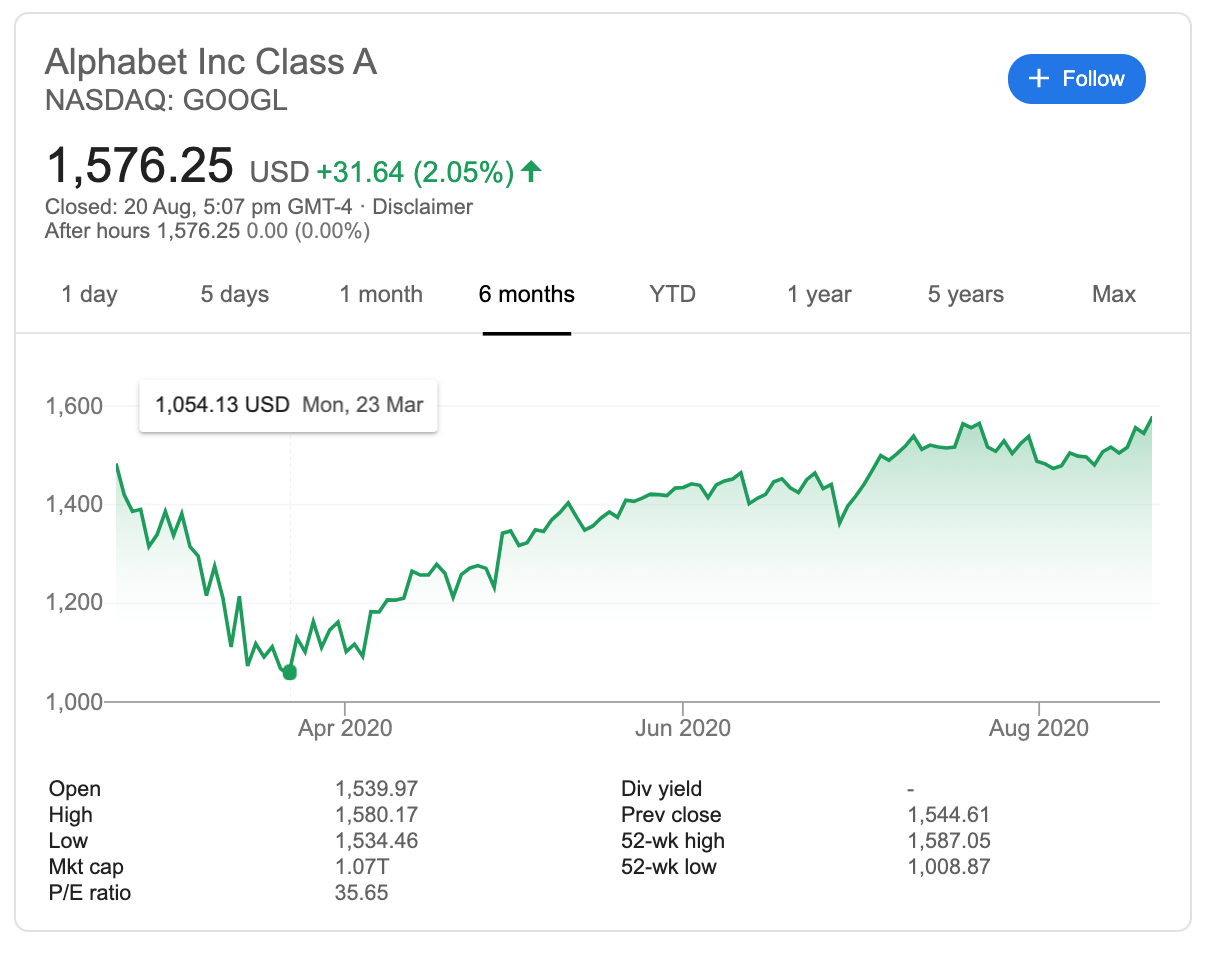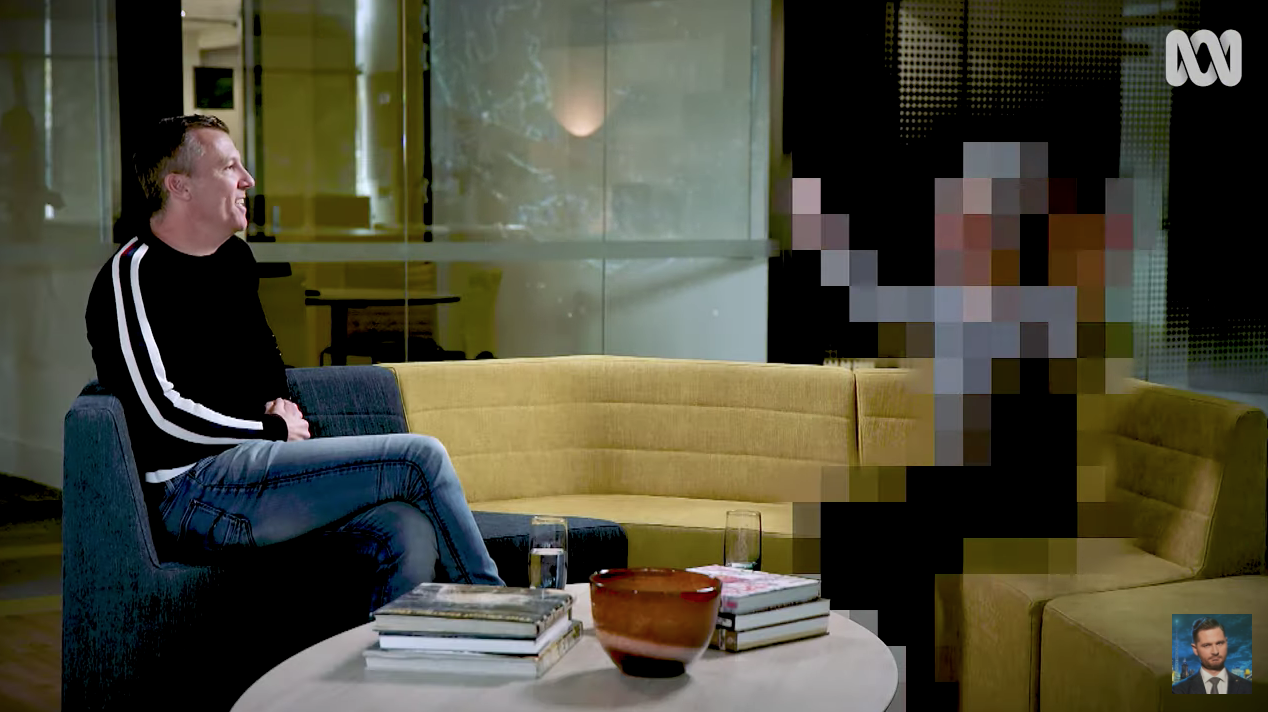
Last week I did a rare keynote for a key regulatory body where I was asked to go deep into technology externalities. After it we had a Q&A session and over email I got asked a number of additional questions. Many of which I’m sure you’ve wondered about. So here they are!
- What would be the “Vaccine” for a digital pandemic? For me this would be global implementation of BlockChain based technology. This is for two reasons: (1) BlockChain could allow for cold storage (offline) of each block and (2) also is the only fully distributed data storage system which has the highest levels of cryptography. If everything went off line we’d have a rational starting point to reboot from. But in truth we need an off switch. Digital Security is not possible without analogue optionality. True digital security requires physical replication and or isolated mechanical (non-digital) operational ability.
- What technology that we currently rely on- do you think is most at risk at becoming redundant? The Energy Grid. With the exponential improvement in renewables and battery storage (Graphene & other emerging storage solutions) we will very soon move to a localised energy generation / storage systems. In this instance each home, office, building, factory will generate and store its own energy on premise. Like we have without own computer systems. However, an energy trading system will emerge where we can generate and sell energy across wires directly to other places that need it immediately. Like our computers we will have the equivalent of ‘hard drives’ – batteries – and some ‘cloud storage’ but mostly we’ll have enough storage locally and only big industry will need big storage solutions and trading of KwHs. We’ll buy and sell energy directly with each other, in the same way we trade content / information today.
- As we move further into the shiny new digital world and digital twinning, are we more likely to de-prioritise the physical world? No – I think it will facilitate and create more attention to physical spaces – COVID also reminded us that the physical world is vital and we can’t operate in pure isolation or without certain physical realities. By not trying to replace– but augment our physical world it will equalise attention and maybe bring physical back as a focus because all physical things will be augmented digitally. Digital wont’ be a place we go to but like an atmosphere we will under.
- We influence but don’t make policy. What penetration have you had in Canberra? Policy is a function of prevailing social sentiment and narrative. As we’ve seen with diversity, climate policy and other social issues it sometimes takes decades before issues are acted upon. The most important function of a society is to share concern and raise the profile of issues which are important to our collective. That is the first task of change – in some ways ‘markets evolve from conversations’. I’ve worked with Government of some issues at a Sate and Federal level but big tech power seems low of the priority list at present. My personal view is that this is because many policy makers don’t understand the potential longer term consequences, and we haven’t had many local industries directly upended by it. We can see that it has only been prioritised so far with News. This was because we have a powerful lobby here wanting to protect that industry and its advertising revenue. To this point powerful lobbyists have been more effectual – than consumer intrusion or longer term surveillance risk. I’d also add that Governments having access to the data and tools big tech have in every consumers pocket could provide a perverse incentive to turn a blind eye to other downsides.
- What are your thoughts on big tech self-regulating on issues such as dis and misinformation? No for-profit industry has ever self-regulated out of the goodness of their heart in the history of capitalism. Wow – I said it. We should not expect it to happen now. To date, their efforts have been to maintain control by ensuring their own AI systems are the solution to the misinformation spread – which to date has been largely ineffectual, and it seems clear the problem can never be solved in this manner by AI in isolation which is reactive in nature and needs training for every new problem. Their strategy (Big tech – eg Facebook) has been to delay and obfuscate and sadly, it is working. ‘We need to do better’ gets rolled out with every hack. Big tech and all self-publishing platforms need to be responsible for all the content of their sites, just like McDonalds needs to ensure the teenagers making their burgers don’t poison anyone. Profitability and their business model should not matter in making this decision. A simple solution would be having an onboarding process where all publishers / people need to be verified with 100 points of ID and all corporate advertisements in said channels approved by an actual person and not an AI. These companies only became so big because of their lack of regulator restriction or over site. They should be treated the same as any publisher.
- How do we get ourselves unhooked from devices and back to reading books? Discipline. It’s not easy and no different from choosing the right food out of our fridges and cupboards. The depth of the crisis although obvious now, won’t be acted on for a generation, as per obesity.
- Gig economy, work from home, virtual companies. Hard to regulate loose affiliation of people, eg: Bitcoin. We are used to regulating companies, what do you think? Just like the Taxation system, we need to develop regulatory models which are designed for individuals & corporations as we enter the new economy. As we’ve had expansions of how individuals and companies and can participate in the market – we need to regulate accordingly – some of which will afford the populace protections from Corporations, for example gig workers; Here we might be able to do something like provide mobile employee benefits on all work regardless of employment status. We could possibly do a percentage loading on money paid for every individual task or gig where for all forms of work completed in a freelance oriented marketplace get money paid into a systems which administers annual leave, sick leave, health benefits super etc. We may also need protect individuals from themselves with emerging industries like Fintech (Buy Now Pay Later and Crypto Gambling – yes it is gambling). What is certain is that we need regulate loosely affiliated people based on intention and outcome of activities and not define it into industrial era corporate structures. New eras need new definitions, and matching regulations to cope with structural shifts. It won’t be easy, but it will be necessary.
- What’s your view – does social media do more harm than good? I think social media does more good than harm. But the ratio is of harm is far too high. A very large percentage of the content of the platform is fake, untrue, sensationalist, enraging, divisive and often other peoples content which was stolen without permission and monetised. The corporate loophole is that results of social media interactions is often two or three steps removed from the social media forums themselves. So consequences and their responsibility for what happens after the digital interaction has plausible deniability. Take for example the correlation of increases in teenage female suicide and social media usage with this cohort. Even if the ratio of good to evil was say 90% – at this scale (Facebook has 2.3 billion members) that could be a very real problem for society. The Antivax movement has used these tools to gain a lot of traction and has a real impact on Covid Vaccine hesitancy, which is having an immediate impact on rollout. I’d hazard a guess at least 20% of content on social is bunk – it is very difficult to determine this as algorithms and data is an internal corporate secret. For Social Media to not have a negative societal impact it would need to be 99.9% without misinformation. That could only be achieved with very clear ‘road rules’ / auditing and regulation. We’d need something like forensic data inspectors similar to OH&S inspectors in a factory. In addition to that, the business model of Free Services – creates a market of Surveillance Capitalism, which will not end well I’m certain.
– – –
Keep Thinking,
Steve.






